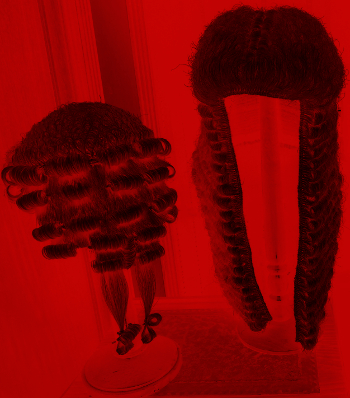Former judges want federal ICAC
 A group of former judges says it is absurd to think corruption stops at the ACT border.
A group of former judges says it is absurd to think corruption stops at the ACT border.
The prominent members of the legal community have added to ongoing calls for a federal corruption body to be created.
Former Victorian Supreme Court judge Stephen Charles told reporters this week; “There is abundant corruption in the other capital cities around Australia, why on earth does the air suddenly clear around Queanbeyan?”
Most states already have anti-corruption agencies with sweeping powers to compel appearances, but on the federal level, there is no specific body for such matters.
Former NSW Supreme Court judge Anthony Whealy leads anti-corruption body Transparency International, and has been working with a group of other former judges to call for a national anti-corruption agency.
“I call it the National Integrity Commission. It would be an umbrella-style body that would have its spokes protruding over and above the AFP, over and above the Parliamentary Expenses Authority, over and above the AEC [Australian Electoral Commission], and over and above the public service,” Mr Whealy said.
“That one body would, by focusing its attention wherever a complaint was made, do its best to expose and educate and where necessary refer issues for prosecution if criminality was revealed.”
The idea of a federal ICAC has been given broad support in polls of everyday Australians.
Agencies including the Federal Police, the Federal Ombudsman and the Australian Criminal Intelligence Commission do some anti-corruption work, but none have the authority and powers that state-level corruption courts do.
Civil libertarians have criticised groups including the NSW ICAC for having too much power and compelling evidence that sometimes forces witnesses to incriminate themselves.
Mr Charles said these are reasonable concerns, but that appropriate considerations would be made in the creation of any new court.
“They are entirely justifiable and we have to be very careful in setting up these bodies, that there are proper limitations and oversight of the bodies and their work,” he said.
The major roadblock is the fact that politicians are generally unwilling to increase scrutiny of their own actions.







 Print
Print